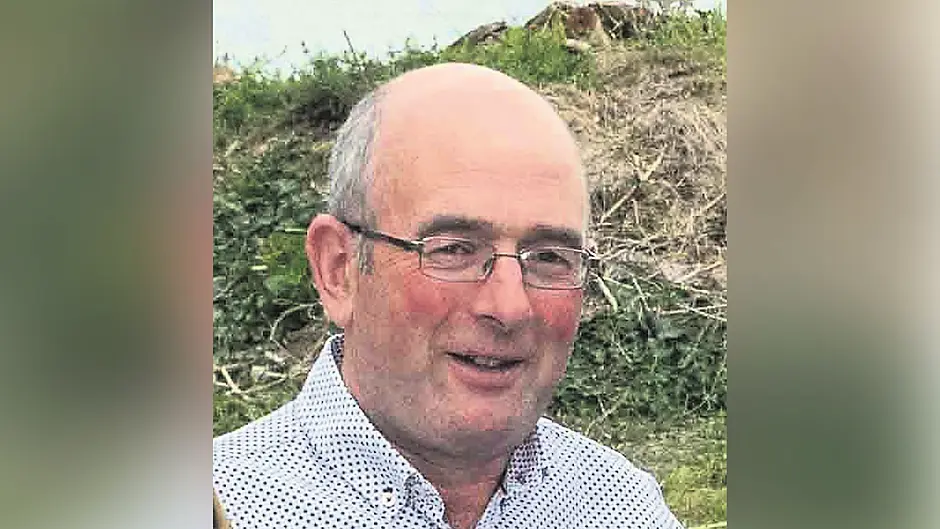THE chairperson of West Cork ICMSA, DJ Keohane, has said the average dairy farmer income is now working for ‘well below’ the minimum legal hourly wage.
Mr Keohane was speaking ahead of the Teagasc National Farm Survey that’s expected to show a serious drop in dairy farmer income in 2023. He said that the collapse in incomes of those producing the milk that supported Ireland’s most important indigenous industry is a damning indictment of the Government’s stewardship of Irish farming and food and provided a ‘textbook’ example of how to drive a vibrant and healthy multi-billion Euro sector potentially ‘off a cliff’.
‘We know that the Teagasc National Farm Survey will be published shortly. Obviously, even at this stage that survey is going to confirm what we already know; that dairy farmer income has fallen again, and we think will now be coming in under €50,000 for 2023. But that figures hides the true extent of the disgrace that is dairy farmer income in 2024,’ he said.
Mr Keohane took as an example the average dairy farmer milking 92 cows with each cows producing 6,000 litres, giving a total production of 552,000 litres. Based on a milk price of 43cpl with a production cost of 37cpl, giving a net of just 6 cents per litre, that farm is now earning a total of approximately €33,000 from the milk enterprise. Out of that figure, the average farmer will have repayments – often linked to requirements to meet ever increasing environmental regulations – of the order of €15,000, reducing his/her income to €18,000.
‘That €18,000 based on farmers working a 60-hour week represents – to our most skilled farmer supporting a multi-billion euro sector, the grand total of €5.76 per hour and that includes working Sundays, bank holidays etc. That’s less than half the minimum hourly wage and is an absolute disgrace,’ said the Timoleague farmer.
Mr Keohane repeated his call for Agriculture Minister Charlie McConalogue to convene an all-sector farm ‘summit’ as quickly as possible.
Separately, MrKeohane has welcomed the conclusion of Farmers’ Charter negotiations, but says the success of the charter will be dependent on implementation. In relation to notice of inspection, he described as ‘significant’ the change that has agri-environmental schemes moving from being ‘unannounced’ to now generally involving up to 48 hours notice being given with a commitment from the Department to provide the maximum allowable under EU legislation for all schemes in normal circumstances.
The ICMSA wants Agriculture Minister Charlie McConalogue to immediately appoint an independent chairperson to chair the monitoring committee and will want - as one of the first items on the agenda and certainly within three months – a full review of Tams reference costs which should be applied retrospectively to all investments completed in 2024.










